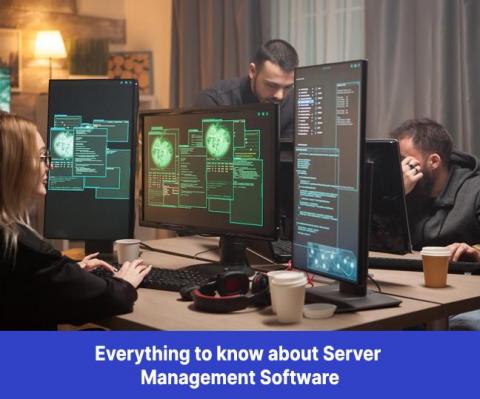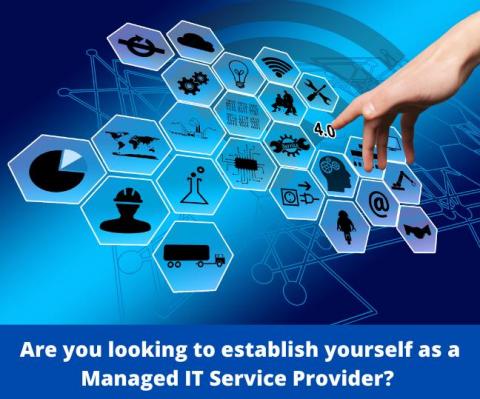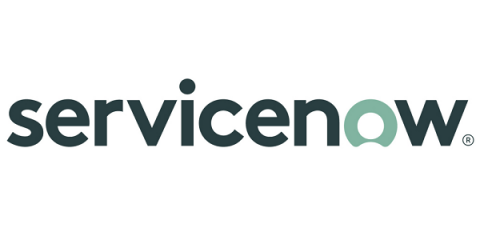Operations | Monitoring | ITSM | DevOps | Cloud
Latest News
How Help Desk Software is Important for Your Business
Everything to Know About Server Management Software
Major Difference Between Active Vs. Passive RFID for Location Tracking
RFID has been used for asset tracking for a long time, especially those organizations which are asset-intensive. RFID technology is used in the form of a tag or label. Although there are two types of RFID that are Active RFID & passive RFID. In this blog, we will know what the difference between Active and Passive RFID is & which one is a better option for your business. So, let us begin!
7 Patch Management Best Practices
Integration means automation: ServiceNow Integration with Avantra
Integrations to third party ITOM/ITSM solutions have been used by all Avantra customers since the beginning back in 2003. Often this is due to corporate support processes and the customer’s wish that all solutions used to manage the entire IT landscape shall report to one single ITOM/ITSM solution. This is where activities of different departments are coordinated.
What is LDAP and How Does it Work?
Machine Learning: Definition, Methods & Examples
Are you looking to establish yourself as a Managed IT Service Provider? Here's what you need to know before setting up your company!
3 ways to supercharge your customer service
Successful customer service requires connecting the dots across an entire organization’s teams, systems, and data to address customer needs seamlessly and efficiently. A task of this magnitude and facets comes with myriad challenges. Automation, artificial intelligence (AI), and other advanced technologies can help. Let's explore three ways you can use emerging tech to address your customers' needs proactively and effectively.











